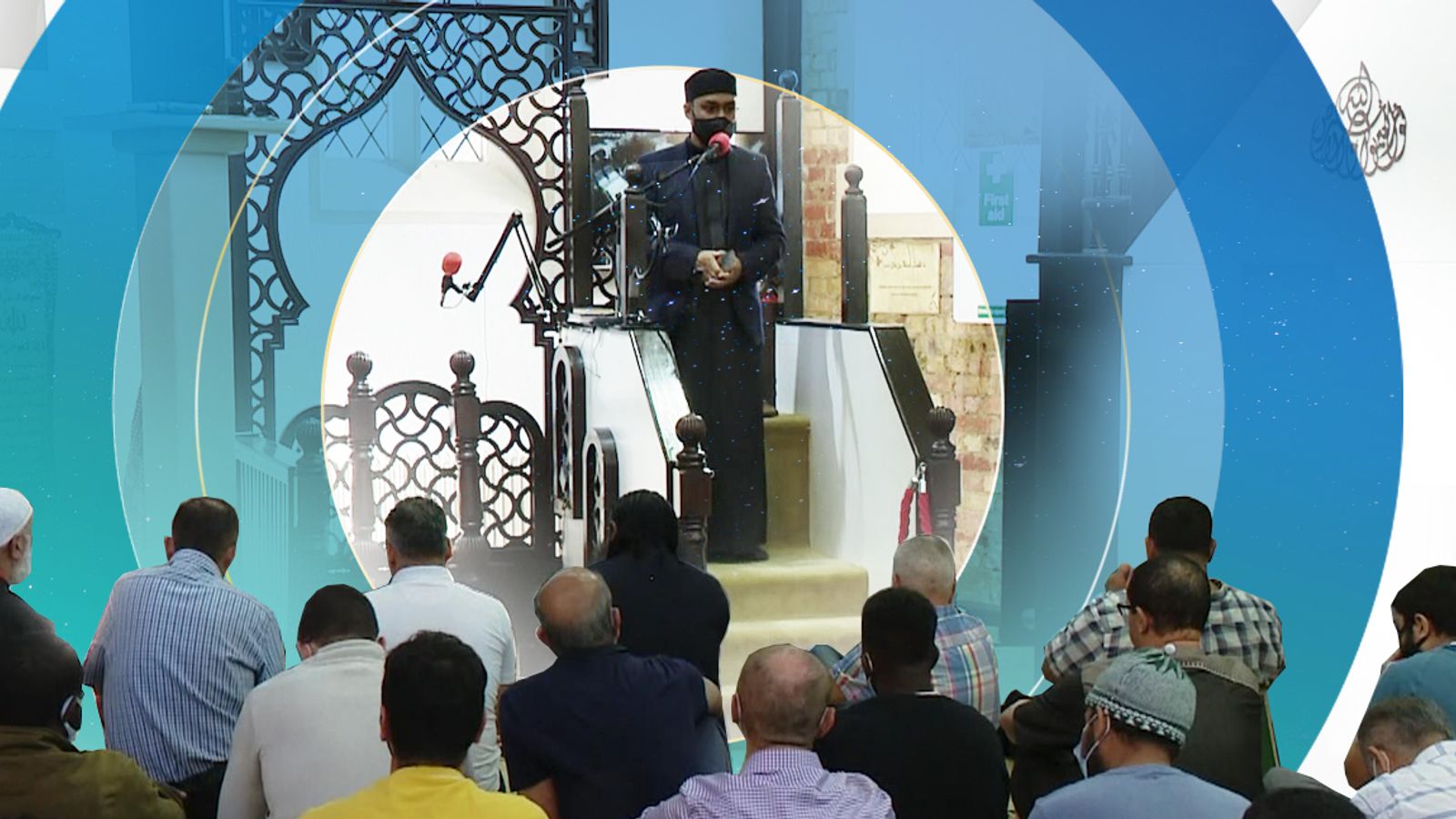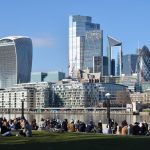Mosques across the UK have used Friday sermons to urge communities to take action on climate change.
Some 300 Islamic centres took part in the collective call, organised by the Muslim Charities Forum as part of the Big Green Week.
Using verses from the Quran, leaders demonstrated the importance of personal responsibility when it comes to protecting the planet.
Imam Abdullah, at Al Eman Centre in Bromley, who wrote the guidance for mosque leaders to follow, says: “The world has been created in al-mizan, or balance.
“In these times of mass consumerism and extravagance, it is clear the way we live our lies as a global community is affecting al-mizan.
“We have exceeded the balance in our eagerness and greed to create ever more wealth.
“If we keep on burning fossil fuels, among other things, we risk losing the balance in the sky – the weather, climate – and the whole Earth that sustains us as well as the millions of Allah’s other creatures.”
Johnson urges Bezos to build Rivian electric vehicle plant in Britain
Amazon Alert: Crime and destruction in the rainforest
Climate change: phase out gas power by 2035, say businesses including Nestle, Thames Water, Co-op
Imam Abdullah reads out a verse from the Qur’an: “As for the earth, we have spread it out, set firm mountains on it, and made everything grow there in due balance.
“We have provided sustenance in it for you and for all those creatures for whom you do not provide.
“There is not a thing whose storehouses are not with us.
“We send it down only according to a well-defined measure.”
The Muslim Charities Forum says “climate change is affecting us all, so we must act now to stop it destroying our planet,” noting that many British Muslims have family in countries which are particularly at risk of threats posed by the global warming.
It hopes Friday sermons can be used to urge Muslims to make better choices in life, like switching to renewable energy, reducing consumption and speaking out.
One example is in food – not just how much people consume, but what.
Muslims eat above average quantities of meat, which explains why the halal market is one of the fastest growing in the UK’s meat industry.
In 2015, halal slaughter accounted for more than 40% of sheep and goats – increasing to 70% by 2018.
Globally, the halal food market is reported to be worth $1.9 trillion, so getting Muslims on board with improving farming could be crucial to how climate change is tackled.
:: Subscribe to ClimateCast on Spotify, Apple Podcasts, or Spreaker.Zeki Ismail runs Abraham’s farm shop in Keston.
He says Muslims tend to focus on halal diets, neglecting that Islam also requires food to be “tayib” – or ethical.
“Tayib is something that’s pure,” he says, adding: “It’s a natural way of raising livestock.
“It’s a product that’s clean. It’s not just with meat, it’s also with fruit and vegetables.”
Please use Chrome browser for a more accessible video player
Watch the Daily Climate Show at 6.30pm Monday to Friday on Sky News, the Sky News website and app, on YouTube and Twitter.
The show investigates how global warming is changing our landscape and highlights solutions to the crisis.






















